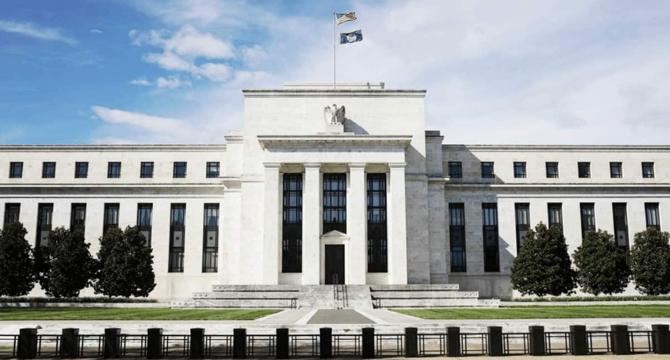Cryptopotato
2w
432

Image Credit: Cryptopotato
Excellent Crypto News Coming from the US Federal Reserve
- The US Federal Reserve Board has decided to eliminate 'reputational risk' as a supervisory tool for banks, potentially enabling easier banking access for crypto companies.
- This move aligns with efforts to support crypto businesses that have faced challenges due to banks using reputational risk to avoid crypto-related activities.
- The US House Committee on Financial Services praised the decision, noting its alignment with a bill aimed at curbing bureaucratic overreach.
- The Federal Reserve Board is reviewing and removing references to reputational risk from its supervisory materials, following other American bank regulators in dropping this examination standard.
- Reputational risk had been a significant factor in bank decisions to avoid dealing with clients associated with cryptocurrencies, impacting the industry.
- Following the 2023 crypto bank collapses, more than 30 crypto and tech companies were denied US banking services, leading to widespread banking access issues.
- The elimination of reputational risk is seen as a positive development for banks looking to engage with crypto entities without fear of repercussions.
- Representative Dan Meuser and other lawmakers had previously called for clearer digital asset rules and measures to prevent debanking.
- Debanking, the practice of banks closing or restricting accounts for perceived high-risk customers, remains a global issue affecting industries like crypto.
- Debanking is particularly problematic in third-world countries where citizens often struggle to meet banks' Know Your Customer (KYC) requirements.
- Despite the creation of crypto to enable peer-to-peer transactions and bypass traditional banking, banks continue to wield significant control over financial transactions.
- The move by the Federal Reserve Board is expected to have a positive impact on the crypto industry by facilitating improved banking access.
- The issue of debanking persists globally, affecting various industries and individuals dealing with perceived financial, legal, or reputational risks.
- The news demonstrates a step towards greater cooperation between traditional financial institutions and the crypto sector, potentially fostering innovation and growth.
- The development highlights ongoing efforts to address challenges faced by crypto companies in accessing banking services and engaging with the traditional financial system.
Read Full Article
25 Likes
For uninterrupted reading, download the app